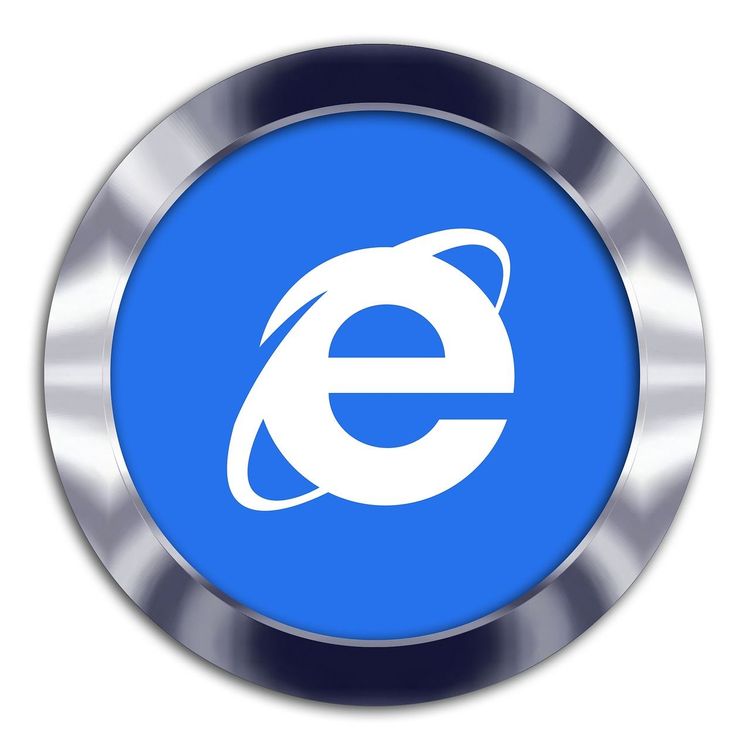"Introducing Google’s Gemini Nano for the Chrome Desktop Client"
Most people like

Harness the power of AI-driven study tools to enhance your learning success. These innovative resources are designed to optimize your study experience, improve retention, and elevate your academic performance. Discover how AI can transform your approach to education and help you achieve your goals more effectively.

Transform Your Images and Videos into Stunning Cartoons Instantly
Unleash your creativity by effortlessly converting your photos and videos into captivating cartoon versions. This tool allows you to cartoonize images and videos in just a few clicks, providing a fun and unique way to express your artistic vision. Whether you're looking to create eye-catching content for social media, personalize gifts, or simply explore your creative side, discover how easy it is to instantly cartoonize your visuals today!

Discover the ultimate AI-powered writing tool designed for seamless text generation. Transform your writing process with ease and efficiency, as this innovative tool assists you in crafting high-quality content effortlessly. Let advanced AI technology enhance your creativity and productivity, making writing tasks quicker and more enjoyable.
Find AI tools in YBX




